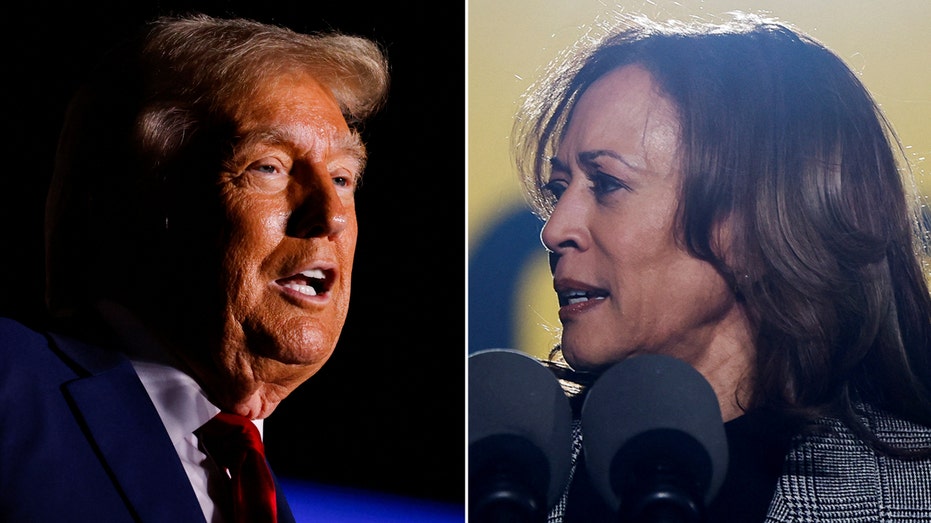Selfridges chief quits in surprise move for struggling retailer
The chief executive of Selfridges has unexpectedly quit, having been in the job since the start of the pandemic. Andrew Keith, who joined in 2020, will leave the company that owns the famous flagship London store to pursue new ventures in Autumn this year. He has been operational as CEO for three-and-a-half years, having been [...]


The chief executive of Selfridges has unexpectedly quit, having been in the job since the start of the pandemic.
Andrew Keith, who joined in 2020, will leave the company that owns the famous flagship London store to pursue new ventures in Autumn this year.
He has been operational as CEO for three-and-a-half years, having been promoted from managing director to chief in February 2021 after joining as managing director in 2020.
Keith will be replaced by Selfridges Group chief executive André Maeder, who joined in May, according to the WWD.
The Group comprises Selfridges in the UK, De Bijenkorf in the Netherlands and Brown Thomas Arnotts in Ireland.
A tough tenure
Keith oversaw the company’s route through Covid, as well as the creation of an ambitious green programme and a very structurally rocky 2023.
Selfridges has had a difficult time over the last year after poor full year results concerned investors and takeover rumours circled after one of its co-owners went bankrupt.
Signa, which held a minority stake in the retailer, went bankrupt last autumn. Its stake in the company was bought by Central Group in a £317m debt-for-equity deal, making Central a majority owner. Signa plans to sell its minority stake in Selfridges, possibly to a middle eastern investment fund looking to acquire the UK retailer for an attractive price.
Earlier in July, Saudi Arabia’s Public Investment Fund – which already has a 10 percent stake in the Selfridges retail properties – reportedly offered a cash price of £1m for Signa’s stake. However, no deal has been officially announced.
Selfridges lost almost £40m during its latest financial year, despite its sales rising nearly 30 per cent.
This was largely due to a decline in international sales.
Selfridges has partially blamed the so-called tourist tax for its troubles, warning that customers were opting to travel to Europe instead of the UK to shop.
Earlier this year, it was reported that Selfridges would make around 70 redundancies at its London head office in a bid to cut costs.
“The continued absence of a tax-free shopping scheme in the UK has significantly impacted international sales,” the company said.



